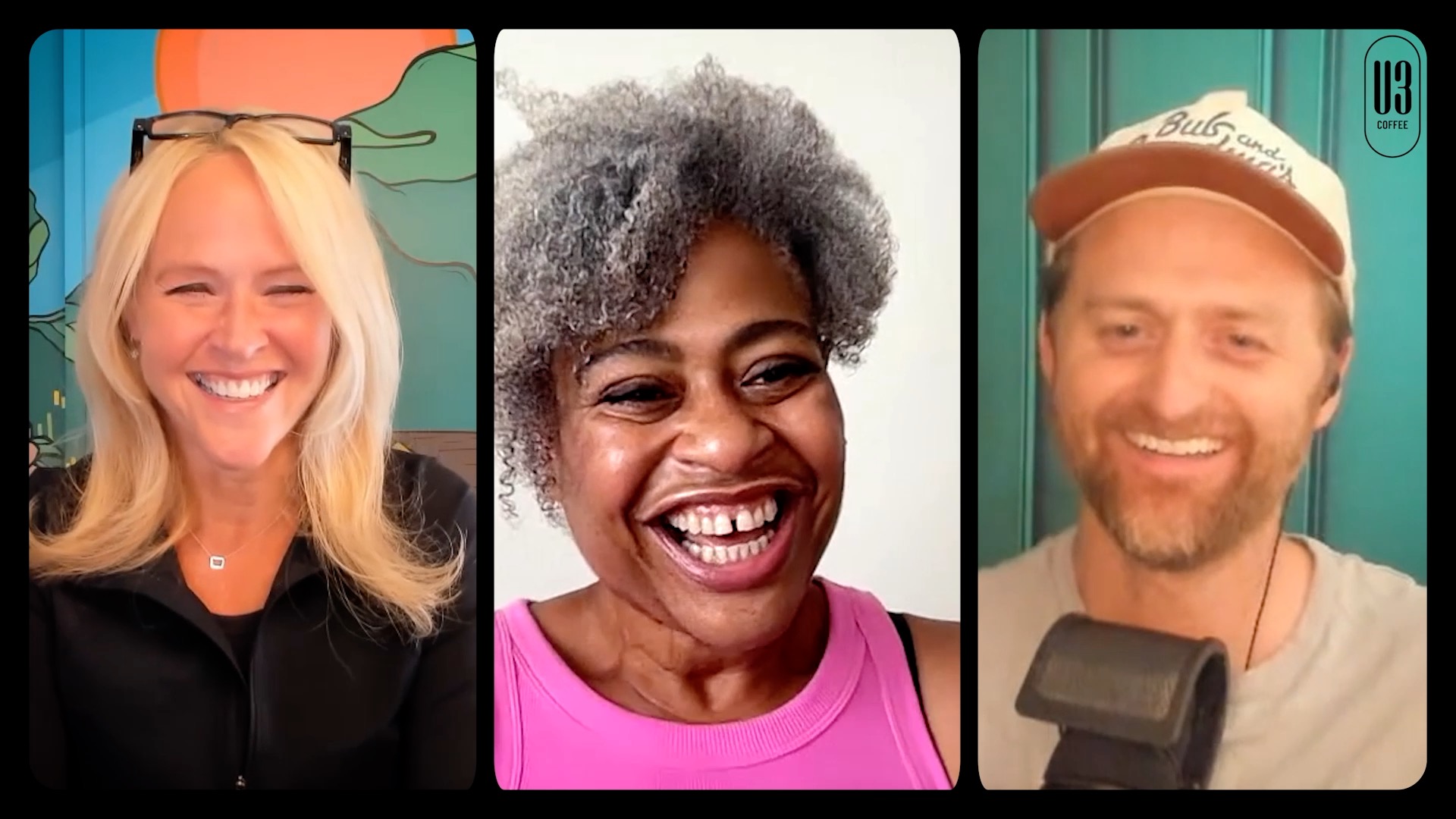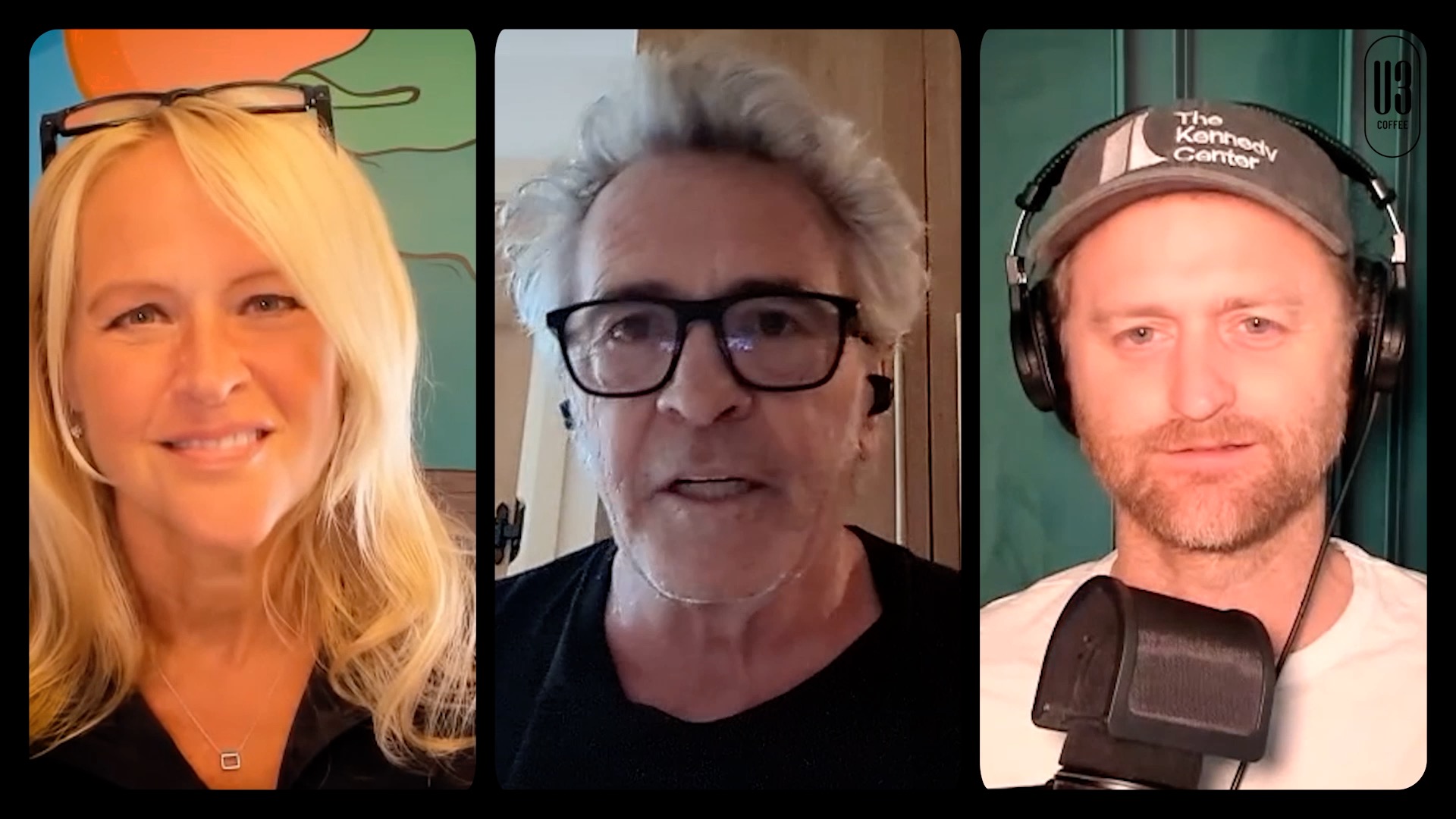Bill Ristenpart
Co-founder & Founding Director, UC Davis Coffee Center
Takeaways
1
A single cup of coffee sparked Bill’s curiosity about coffee and the science behind it.
2
As founding director of the UC Davis Coffee Center, Bill champions the mission to improve coffee through academic research.
3
What started in 2013 as a freshman seminar with 18 students has transformed into an industry-backed research center with more than 250,000 alumni around the world.
Expertise: education, coffee science, Q-grader, food science
Coffee insight: Fifty percent of the mass of coffee cherries is discarded in processing.
Coffee fun fact: One of the Coffee Center’s most successful undertakings, the Roastpic app, got its start when Bill discovered that two of his computer-science students were also Q-graders: “I had two Q-certified computer majors fall out of the sky at the same time. I thought the coffee gods were speaking to me.”

Bill’s Coffee Origin Story
Here’s how Bill sums up his story: “I drank a lot of [coffee], and then suddenly one cup just kind of blew my mind, and since then I’ve been really focused on it.”
After drinking lots of cheap coffee to get through graduate program in chemical engineering, Bill was on a road trip 2012 with his family, he grabbed a cup of coffee from a gourmet donut shop in Vancouver, BC. The coffee stunned him.
“I was kind of honestly a little bit outraged,” Bill recalls, “because this black coffee had huge orange and citrusy notes, and I thought they contaminated my coffee. I thought they threw in some orange bits.” The barista explained what created the natural flavor profile. “That just kind of blew my mind,” he says, “that coffee can have anything other than kind of a burned, bitter [flavor].”
Putting his academic hat on, he started looking for research about the science behind coffee, but turned up relatively little. When a colleague, Tonya Kuhl, suggested that they have students reverse engineer an autodrip machine as part of their upper-division engineering labs, Bill had a lightbulb moment: “Why don’t we make a whole class about coffee and attract students from all over campus?”
Bill’s Current Role
What started in 2013 as 18 students in a freshman seminar called “The Design of Coffee” has now served more than 250,000 alumni around the world.
Today Bill is both a professor of chemical engineering and the founding director of the UC Davis Coffee Center, a multidisciplinary academic center focused on research to support and improve the coffee industry. That work includes the Undergraduate Coffee Lab, undergraduate and graduate coursework in coffee-related subjects, continuing education and professional development courses for coffee lovers and professionals in the field, and rigorous research into the science of coffee.
Bill has also published his own coffee-science research, including a study of the impact of brewer shape, brew time, and roast and strength, and post-brewing storage on the flavor profiles of brewed coffee.
What Fuels Bill’s Work
Having navigated the complexities of multiple industries, Bill is certain of one thing: “the coffee industry is special.” Bill sees its combination of camaraderie, enthusiasm, and intellectual curiosity as a real strength of the industry, all of which are clear in the way it’s rallied around the Coffee Center. Partnerships with some of the biggest players in the coffee industry—including Peet’s, La Marzocco, Probat, Toddy, and the Specialty Coffee Association, among others—have made their research and expansion possible.
“[Engineering is] problem-solving. … My colleagues and I have chosen to shine that intellectual firepower on coffee specifically,” Bill explains. “[But] without the support of the industry, without them stepping up and making things happen, we wouldn’t be here having this conversation.”
According to Bill, coffee research is a quest to unlock coffee’s full potential, examining every aspect of the farm-to-cup journey. “If we make quality control cheaper and easier along the entire supply chain,” he says, “then we’re making coffee better along the entire supply chain. We’re making it better for the end users.”
What Bill Wants Coffee Drinkers to Know
Bill says the single most informed choice you make is starting with freshly ground whole bean coffee: “Buy whole beans, and grind [them] right before brewing. I give a lot of talks to the general public and that blows a lot of people’s minds.”
How Bill Cultivates Community through Coffee
As the director of the Coffee Center, Bill is spearheading the Coffee Center’s mission to optimize every stage of the coffee journey. One example is the Roastpic app, which was developed by two UC Davis computer-science students.
Leveraging technology, the app gives coffee entrepreneurs quantitative data about their beans—from size to roast profile—using images taken with their phone camera. Producers, for example, can use this information to negotiate for higher prices. Roasters can use the technology to track consistency across roasts and make more informed purchasing decisions.
The Coffee Center is also committed to sustainability, exploring innovative uses for cascara—the coffee cherry pulp typically discarded during processing. The Coffee Center is developing a cascara-based offering to minimize waste, generate additional income for coffee producers, and create a consumer-appealing, antioxidant-rich product.
Where You Can Find Bill
UC Davis Coffee Center website: coffeecenter.ucdavis.edu
Roastpic app: roastpic.com
U3 Coffee exists to create the most meaningful coffee experience for millions of mindful, motivated humans like you. Because here, we’re United by Coffee.
Related posts
- Nov 2024 Candice started her coffee career as a barista, with no previous experience in coffee—within a few years, she was a certified Q Arabica Instructor and a trainer for the SCA. Today she’s a respected coffee educator and consultant who hopes her story can remind others that “coffee is for everybody.”
- Oct 2024 Patrick was an aspiring winemaker when a suggestion to his boss introduced him to coffee and changed the trajectory of his career. A thirty-year veteran of the coffee industry, Patrick is an award-winning educator, serial entrepreneur, and master roaster who is inspiring a new generation of coffee professionals.


